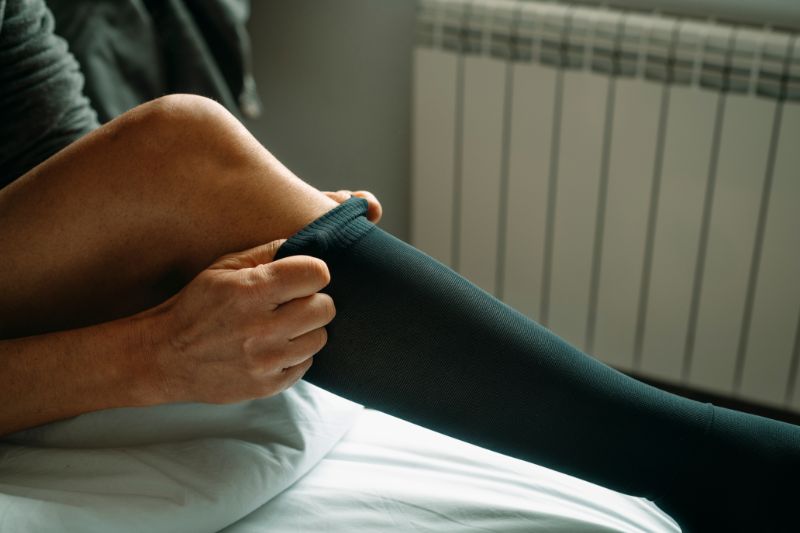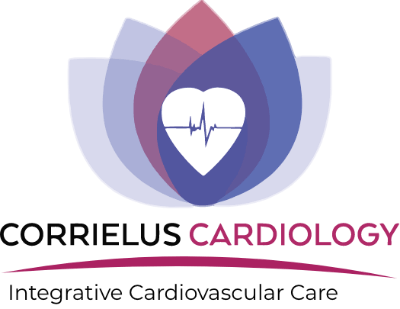Varicose veins are a common and often uncomfortable vascular condition that can affect your appearance and overall well-being. This condition typically causes enlarged and twisted veins to appear on the legs.
While varicose veins are often a cosmetic concern, they can also lead to more severe complications. They can cause symptoms such as achy, heavy legs, swelling, and pain in the legs.
If you have any of these symptoms, Dr. Sanul Corrielus at Corrielus Cardiology can help.
To learn more, call the office in Philadelphia, Pennsylvania, or book an appointment online.
Varicose veins are veins that are enlarged, twisted, and filled with too much blood. While varicose veins can occur anywhere in the body, they’re most common in the legs, where blood must flow against gravity as it travels back to the heart.
Blood is pushed through these veins by pressure from leg muscles, and then one-way valves in the veins stop the blood from flowing back down toward the feet.
When the valves weaken or the vein walls lose their tone, blood collects in the vein and causes the ballooning effect of varicose veins.
The following factors increase the risk of developing varicose veins:
- Age - Normal wear-and-tear can weaken valves.
- Pregnancy - The amount of blood in a woman’s body increases during pregnancy, which makes veins expand.
- Family history - Varicose veins tend to run in families, likely due to an inherited weakness in the valves or vein walls.
- Obesity - Carrying extra weight puts added pressure on leg veins.
- Standing for a long time - The risk of vein or valve damage increases when blood must flow against gravity for an extended period of time.
Additionally, women are two to three times more likely to get varicose veins than men.
Many people with varicose veins don’t have any symptoms other than unsightly veins. However, others may experience swelling of the ankles and feet, throbbing or cramping in legs, itchy skin near the veins, and achy, painful, or heavy legs.
In more serious cases, varicose veins may cause complications such as:
- Rash or discolored skin that turns into an ulcer
- Blood clot that may cause swelling
- Bleeding from the varicose veins
If you experience any of these complications, or if your varicose veins cause discomfort, contact Corrielus Cardiology so we can ensure your health isn’t at risk from bleeding or blood clots.
Exercising, losing weight, elevating your legs, and avoiding long periods of standing can all help ease discomfort caused by varicose veins. Compression stockings are often recommended because they help keep blood flowing.
When these methods don’t help, the team at Corrielus Cardiology offers advanced treatments for eliminating varicose veins. These treatments include sclerotherapy, laser therapy, radiofrequency or laser ablation, and ambulatory phlebectomy.
Depending on the severity of your varicose veins, your doctor at Corrielus Cardiology explains your options and discusses which method is best for your unique overall health.
If you're struggling with varicose veins or have concerns about your vascular health, our team at Corrielus Cardiology can help. Don't suffer from varicose veins, we can guide you toward personalized treatment options for your varicose veins condition.
To schedule your consultation, call Corrielus Cardiology at 215-383-5900 or book an appointment online.



